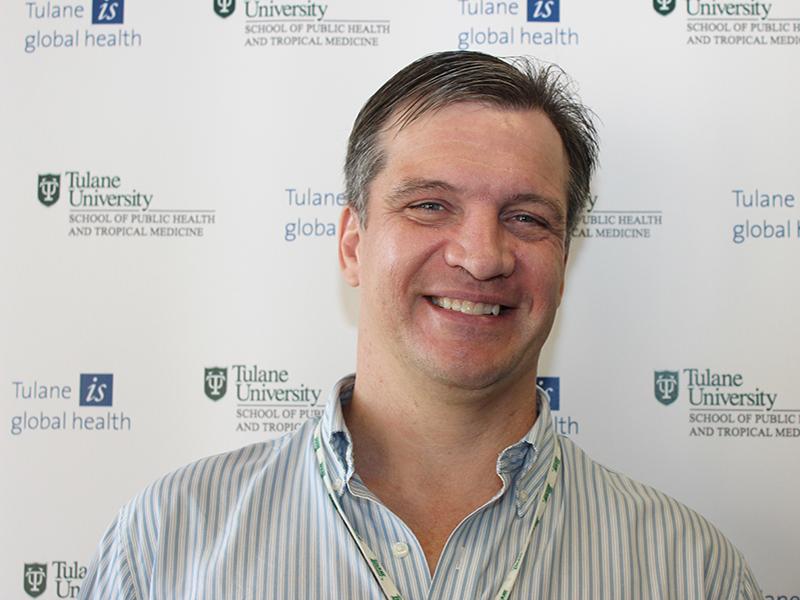West Africa Center of Excellence for Data Science Research Education (WACE-DSRE)

Jeffrey Shaffer
MPI
No website available

Research Education

1UE5TW012526-01

Sub-Saharan African countries are severely affected by the world’s most devastating infectious diseases, including malaria, HIV/AIDS, tuberculosis, neglected tropical diseases, and is experiencing an unprecedented increase in noncommunicable diseases, including cancer, cardiovascular diseases, and diabetes. In the past decades, public health, biomedical and clinical research have also increase significantly with support from the National Institutes of Health (NIH) and other partnership. This partnership has contributed a breadth of diverse, large, and complex clinical and biomedical data sets, providing unique opportunities for applying data sciences for discoveries that may catalyze innovation in diagnosis, and therapy of diseases of public health interest in the region. However, a critical gap is that these data remain under-exploited due to limited human resources with skills and expertise in data sciences to harness the value of these data to have a meaningful public health impact. The overall objective of this UE5 Research Education Program involving the University of Sciences, Techniques and Technology of Bamako (USTTB) and Gamal Abdel Nasser University of Conakry, Guinea (UGANC) with support from Tulane University is to build interdisciplinary teams across multiple African institutions capable of using innovative quantitative and analytical approaches to generate and apply new knowledge from large or complex sets of data in the subregion through the following specific aims: 1) Strengthen existing institutional research training programs to address the needs for optimal use and processing of large and complex data sets using advanced data science approaches. We will provide faculty enhancement training and develop advanced data sciences courses for enriching curricula of existing Masters and PhD programs and professional development short-term training (medical residents, public health, clinicians and junior researchers); 2) Develop and deliver datathon (i.e., data analysis hackathon) training that involves multidisciplinary collaboration among researchers, data engineers, machine-learning experts, statisticians, and other information scientists. Datathon participants will perform team-oriented approaches in response to research questions of interest in the area of infectious disease outcomes (e.g., malaria, NTDs, TB/HIV, or emerging infectious diseases) and develop solutions in group settings; and 3) Produce a critical mass of trained public health professionals, disease control managers, and researchers capable of working closely together to use data sciences to refine and guide control interventions most effectively through short courses sequence focused on hands-on advanced data science. Developped short-term training sessions and modules through a multifaceted approach to facilitate partnership among researchers and local faculty and stakeholders for future implementation of data sciences research.
